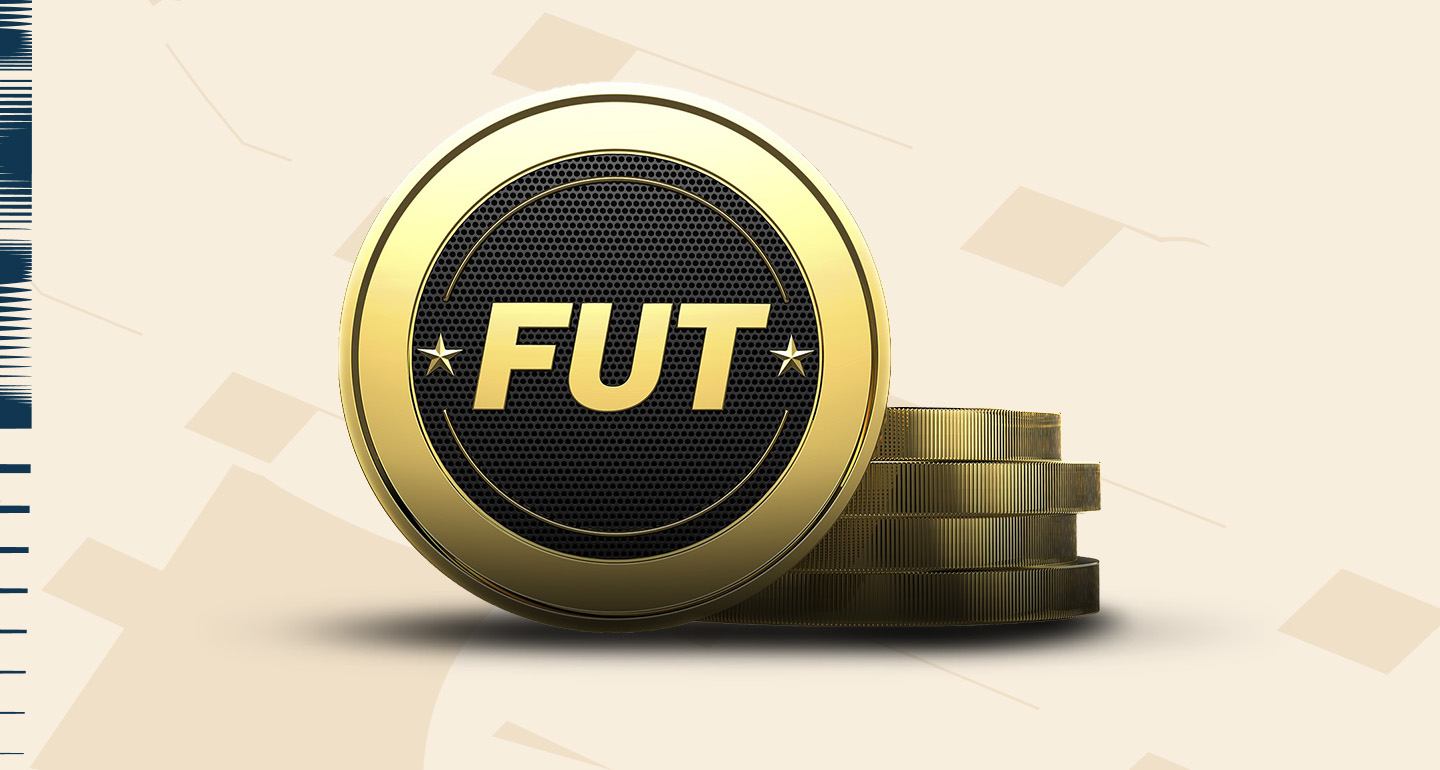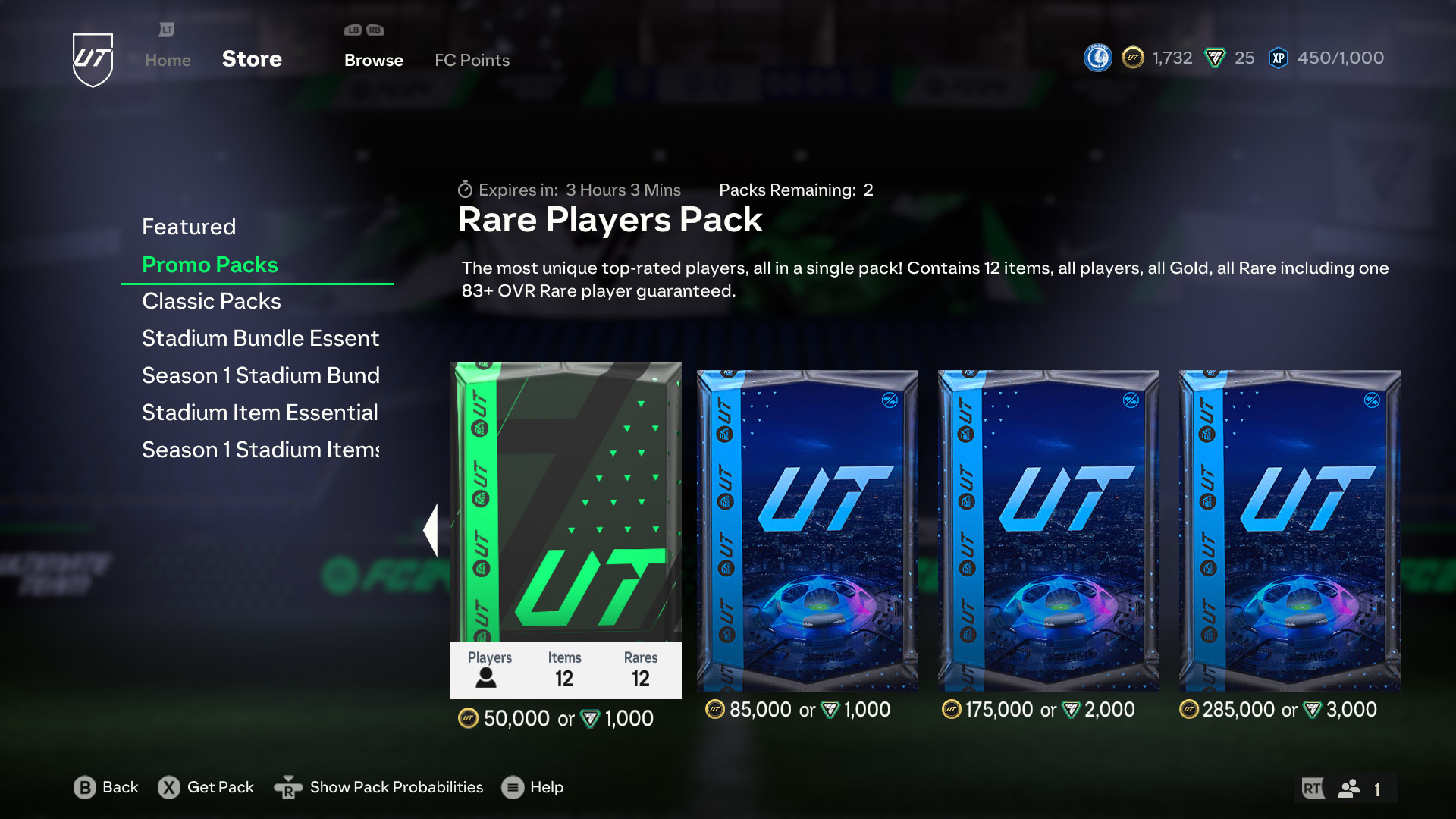Explore the Ultimate Team’s virtual card trading! Dive into the game’s exciting economy and virtual marketplace for a gaming adventure.
The mix of tech and entertainment in video gaming has given rise to virtual economies, and none shine brighter than Ultimate Team (UT).
The UT is part of the famous EA Sports FIFA / FC series. It gives fans a new way to experience soccer simulation. It also sets up a digital marketplace where players can trade, use in-game money, and enjoy innovative features similar to casino online entertainment. And with fast payments becoming increasingly relevant in various gaming scenarios, it’s essential to play at online casinos with fast withdrawals. This makes the gaming experience smoother and more efficient for players participating in these virtual economies.
The way UT turned into its own virtual economy proves that gaming can break free from the usual and become a dynamic economic world of its own. It’s not just a game; it’s a new way to play and trade in the virtual universe of EA Sports FIFA / FC.
The Beginning of FIFA / FC Ultimate Team
UT (Ultimate Team) started as an idea in the UEFA Champions League 2006/07 game and took off in FIFA 09 as downloadable content. The concept was simple: let players build their football dream team by collecting player cards from packs, earned or bought with in-game money.
Players could then form squads and play against computer teams or other players online. What seemed like a basic addition became a gaming sensation, changing how the in-game economy works.
The Emergence of a Digital Economy
At the core of UT’s evolution into a virtual economy is its unique in-game currency, FIFA / FC Coins. These coins are earned through activities like playing matches and selling player cards that are no longer needed.
FIFA / FC Coins play a vital role in purchasing packs containing player cards and other items essential for enhancing team performance. The game’s economic shift was marked by the introduction of player trading, where each player card holds value based on factors such as popularity, performance, and rarity.

Players engage in buying, selling, and virtual card trading on the in-game transfer market, where prices are influenced by supply and demand. This system also opened the door for microtransactions, letting players spend real money to get in-game currency to buy more packs.
This trading setup set the stage for a growing economy, where smart traders could build wealth by recognizing market dynamics, purchasing at lower prices, and selling at higher values.
UT as a Digital Marketplace
As UT became more popular, players shifted from just playing to getting involved in the virtual marketplace. What began as a side activity became a world of strategies and deals.
Players who got good at trading found themselves building up digital fortunes, letting them create dream teams. This digital marketplace in UT led to the evolution of an ecosystem. Websites and social media accounts started giving tips and predictions about player prices and values.
Online forums buzzed with talks about trading methods. Platforms like YouTube and Twitch became spaces for creators to share their trading stories, gaining dedicated followers.
Advancements and What Lies Ahead
Over time, UT has changed a lot, with new things added, like cool challenges where you can earn rewards by building special squads. This shook things up because players started guessing what squads might be needed and made smart moves to get ahead.
Looking forward, the in-game economy will be influenced by new tech, how people play games and the rules to follow. With discussions on loot boxes and in-game purchases getting more attention, we might see some changes to keep everyone happy and playing without any worries.
Game developers might have to adjust how they make money from the game to keep players engaged while also addressing concerns related to fairness and addiction.

UT Markets
In FIFA Ultimate Team, various markets add a layer of excitement to the gaming experience. Let’s explore some of these markets that keep players on their toes.
1. Squad Battle Rewards
In UT, Squad Battles create an exciting market. Play well against computer-controlled squads, and you get rewards. It’s like a game within a game, where your skills decide what you win.
2. Future Lightning Rounds
These special events offer packs at high speed. It’s a quick market where everyone rushes to grab packs, hoping for something huge inside.
3. Black Friday Lightning Rounds
Black Friday isn’t just about shopping; it’s a big deal in UT too. Lightning Rounds during Black Friday bring a shopping vibe to the game. It’s a chance to grab packs on sale and boost your squad. It’s like a virtual Black Friday spree for UT players!

CONCLUSION
UT’s virtual card trading isn’t just about economics; it’s about the joy of the game. It’s about the excitement of assembling your dream team, completing challenges, and navigating the ever-evolving virtual economy.
FIFA / FC Ultimate Team and its virtual card trading are always changing with new features and challenges. Whether you’re building squads or thinking about the game’s future, it’s all about staying fair and fun. As we explore the world of UT, the game’s providers always adjust to trends to keep things exciting.
 FIFA Infinity The Absolute FIFA Site
FIFA Infinity The Absolute FIFA Site




